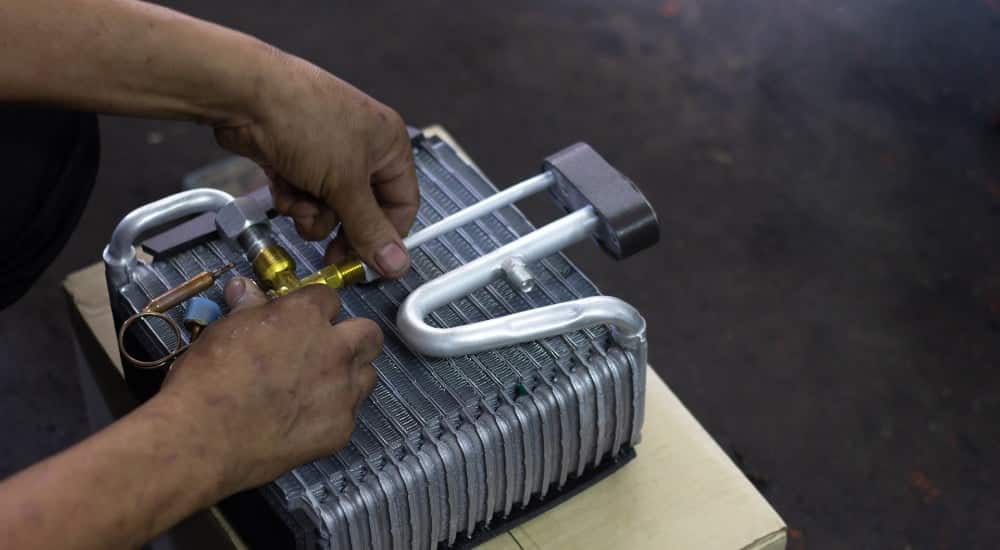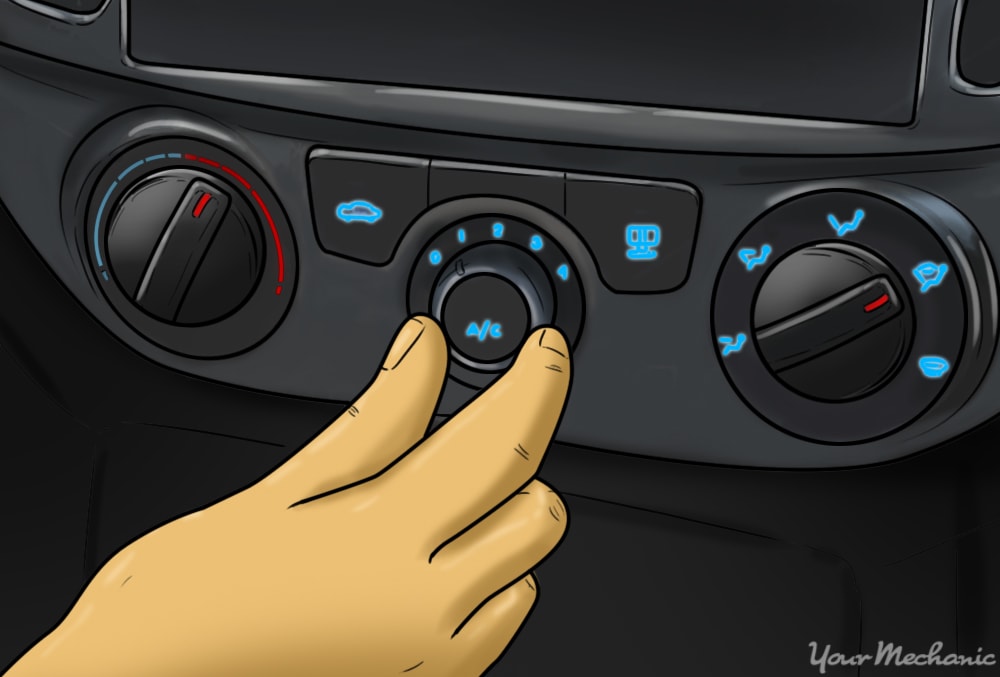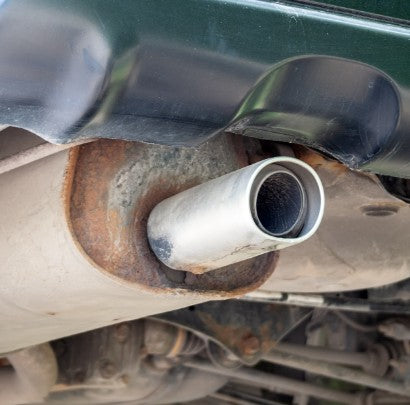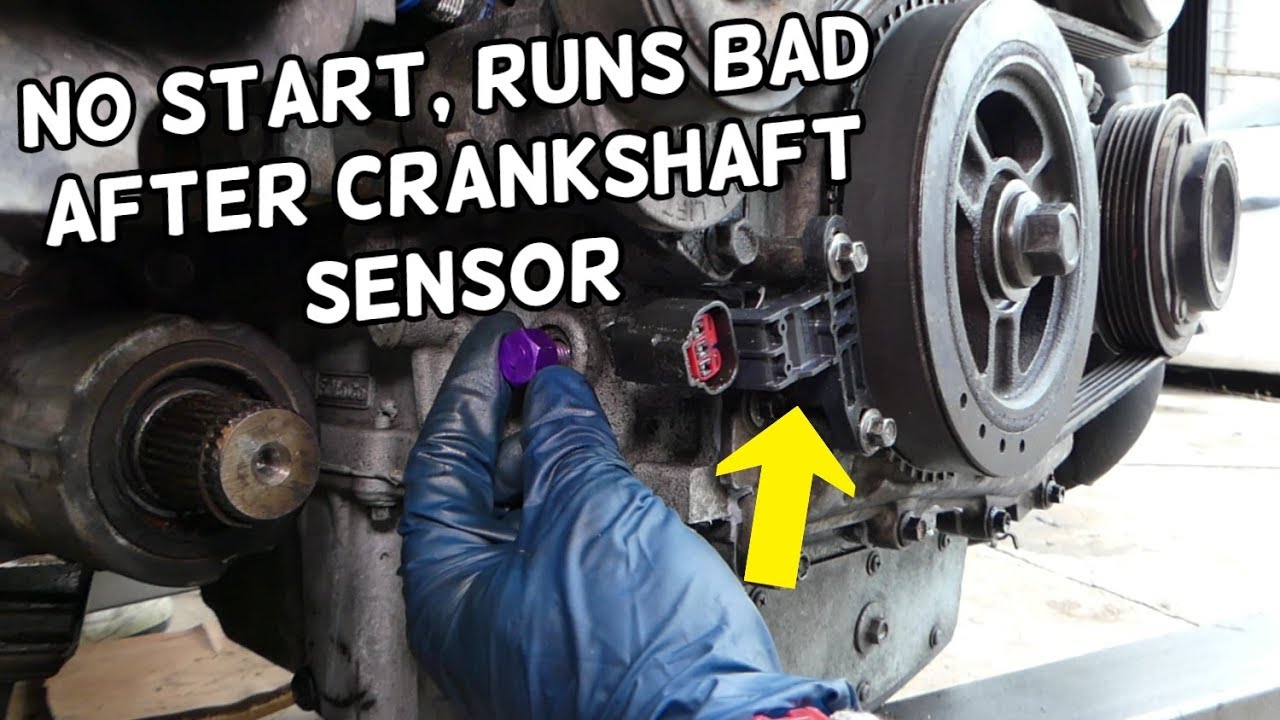Car Ac Evaporator Leak Symptoms
Common symptoms of a car AC evaporator leak are reduced cooling efficiency and a musty odor when the AC is on. Puddles of water inside the car can also indicate a leak.
Car AC evaporator leaks can lead to discomfort, both in terms of cabin temperature and air quality. The air conditioning system in your vehicle relies on the evaporator to cool the air, so a leak can significantly impair performance. Noticing a faint, sweet smell or increased humidity within your cabin suggests the refrigerant is escaping.
Steam coming from the vents or the AC system struggling to maintain cold temperatures are telltale signs as well. Early detection and repair can prevent more extensive damage to the cooling system and avoid the higher costs associated with a complete system failure. Regular maintenance checks can often spot leaks before they become a larger issue.
Identifying Car Ac Evaporator Leak Symptoms
If the heart of a car’s air conditioning system has a problem, everyone inside feels it. The evaporator is this heart. Such an issue can turn a cool drive into a sweaty ordeal. Learn the warning signs of a leaky AC evaporator.
Unusual Odor From Ac Vents
Do you smell something funny when the AC is on? This could be because mold has grown in the evaporator. The leaks make a damp space where mold loves to live. So a bad smell from the vents often means a leak is hiding.
Decreased Cooling Efficiency
A car’s AC should make the car cold fast. If not, the evaporator might have a leak. When the evaporator leaks, the AC can’t use the refrigerant well. This means the air isn’t as cold. It’s a big sign that you might have a leak. Seeing that the AC is not cooling the car like before means it’s time to check the evaporator.
A table of common symptoms helps to quickly spot the trouble:
| Symptom | Possible Cause |
|---|---|
| Foul smell from vents | Mold in evaporator core due to moisture from leaks |
| Weak air cooling | Refrigerant can’t circulate properly due to leaks |
Knowing these signs will lead to a faster fix. Acting quick can also save money. Do not wait if these symptoms show up. Check the car’s AC system, or better yet, get a professional to look at it.
Consequences Of Ignoring Evaporator Leaks
Consequences of Ignoring Evaporator Leaks can ripple through your car AC system, leading to discomfort and costly repairs. Understanding the symptoms and acting swiftly can save you both time and money.
Increased Humidity Inside The Vehicle
When an evaporator leak is present, moisture levels within your car rise. This increase in humidity results in a muggy and uncomfortable cabin atmosphere. Windows may fog up more frequently, reducing visibility and potentially creating a hazardous driving situation. Ignoring this symptom invites a host of troubles for passengers and drivers alike.
Potential Damage To Ac Components
The evaporator is a central part of your car’s AC system. Leaks can lead to a domino effect, damaging other components such as the compressor. The compressor may work harder to cool your vehicle, leading to overheating and eventual failure. Treating an evaporator leak early prevents these additional costs and preserves the longevity of your AC system.
- Common signs of an evaporator leak include:
- Persistent musty odors from vents
- AC blowing warm air instead of cold
- Puddles of coolant under the car
- Inconsistent cooling throughout the cabin
Diagnosing An Evaporator Leak
Car AC systems rely heavily on the evaporator to cool the air. A leak in this component can affect performance and comfort. Spotting the signs early ensures a quick fix, keeping your car cool and your system efficient. Learn the steps to detect an evaporator leak today.
Visual Inspection For Signs Of Leakage
A straightforward way to start diagnosing is by visually inspecting the evaporator. Your car’s evaporator is typically located behind the dashboard.
- Check the passenger side footwell for dampness.
- Look out for a sweet-smelling liquid; it could be coolant.
- Corrosion or residue on the evaporator case suggests a leak.
Presence of mold or mildew also indicates moisture issues, often due to a leak.
Using Uv Dye And Black Light To Detect Leaks
Finding the exact leak location may require a more technical approach:
- Introduce a UV dye into the AC system.
- Let the car run to circulate the dye.
- Inspect the system with a black light.
Under the light, the dye will glow if there is a leak. This method points to the precise area of the evaporator that needs repair.

Credit: natrad.com.au
Common Causes Of Evaporator Leaks
The comfort of cool, crisp air in your car on a hot day can suddenly vanish if you’re facing an evaporator leak. Your car’s AC evaporator is a hero that often goes unnoticed until trouble strikes. Understanding the common reasons leaks happen is key to preventing future woes and keeping cool.
Corrosion Due To Moisture
Moisture is the nemesis of your car’s AC evaporator. Over time, moisture can lead to corrosion, the top villain in the tale of evaporator leakage. The effects of corrosion may not be instant, but they are sure to compromise the integrity of the evaporator, leading to small, sneaky leaks.
- Chemical reactions can cause metal to weaken.
- Wear and tear over the years can accelerate damage.
- Fluctuating temperatures encourage corrosion.
Physical Damage From Road Debris
Your evaporator’s fortress, the dashboard, may seem impenetrable, yet it can be breached by road debris. Unexpected bumps, rough roads, or projectiles can cause physical damage to your evaporator. This can lead to punctures, dents, or cracks where refrigerant can escape.
| Damage Type | Consequence |
|---|---|
| Punctures | Immediate loss of refrigerant |
| Cracks | Gradual refrigerant seepage |
| Dents | Compromised system efficiency |
In conclusion, keeping an eye out for these culprits helps safeguard your AC system. Regular checks and maintenance can prevent leaks. Stay cool and carry on.
Repairing The Evaporator
When your car AC starts blowing warm air, it could mean an evaporator issue. A cool cabin turns into a sweaty situation. Fixing this component is crucial for comfort. The evaporator, tucked away behind the dashboard, is not easy to repair. Yet, knowing the right approach can save time and money. Let’s explore options, from quick fixes to professional help.
Pros And Cons Of Sealant Products
Sealant products seem tempting for a quick fix. They’re easily found in auto stores. Just pour into the system, and leaks might disappear.
| Pros | Cons |
|---|---|
| • Cost-effective | • Temporary solution |
| • Easy to use | • Can clog components |
| • Fast results | • Not a professional fix |
Remember, sealants can’t replace a repair. They might even lead to more issues down the line. Using them could be a gamble.
Professional Repair Procedures
For a permanent fix, only a professional should tackle the evaporator repairs. Experienced technicians have the right tools and skills.
- Diagnosis is step one. Experts use tools to find where the leak is.
- They remove the dashboard carefully, avoiding damage to other parts.
- The old evaporator gets replaced with a new one.
- Finally, they recharge the AC system with refrigerant.
Going to a pro means a longer-lasting solution. It also ensures other parts stay safe. Plus, you get a warranty on the work done.

Credit: www.rycompressors.com
Preventive Maintenance To Avoid Future Leaks
Preventive Maintenance to Avoid Future Leaks
Keeping your car’s AC system in top shape is crucial. It saves you money and maintains comfort. Let’s talk about steps to prevent leaks in your AC evaporator.
Routine Ac System Check-ups
Regular check-ups catch problems early. A certified mechanic can spot signs of wear or damage. They can check refrigerant levels and test system pressure. Mechanics also look for other issues during regular inspections.
- Check refrigerant levels
- Test AC pressure
- Inspect hoses and seals
Keeping The System Clean And Dry
A clean and dry AC system runs better. Dirt and moisture harm the evaporator. Use a cabin air filter to keep it clean. This protects against debris and odors. Drain tubes should stay clear. This helps prevent moisture buildup.
- Replace cabin air filters regularly
- Ensure drain tubes are clear

Credit: m.youtube.com
Frequently Asked Questions On Car Ac Evaporator Leak Symptoms
What Are Signs Of A Car Ac Evaporator Leak?
An AC evaporator leak often presents with reduced cooling efficiency. You may notice warmer air or irregular AC performance. Another sign is a musty odor when the system is running, indicating possible moisture build-up from the leak.
How Can I Spot An Evaporator Leak Quickly?
To spot an evaporator leak quickly, check for any visible refrigerant or oil residue around the AC evaporator casing. Also, look for wet patches or drips underneath the dashboard, as these may indicate a leakage.
Does An Evaporator Leak Affect Fuel Economy?
Yes, an evaporator leak can affect fuel economy. When the AC system has a leak, it works harder to compensate, leading to increased fuel consumption. If you notice a sudden drop in fuel efficiency, get your AC checked.
Can An Evaporator Leak Cause Ac System Failure?
Absolutely, an evaporator leak can lead to AC system failure. Low refrigerant levels due to a leak can prevent the AC from cooling and eventually cause the compressor to overheat and fail.
Conclusion
Identifying a leak in your car’s AC evaporator is crucial for maintaining a comfortable and safe drive. Watch out for musty odors, poor cooling performance, and visible signs of leakage. Addressing these symptoms promptly can save time and costly repairs down the road.
Always consult a professional for efficient and reliable service. Drive cool, drive happy.




